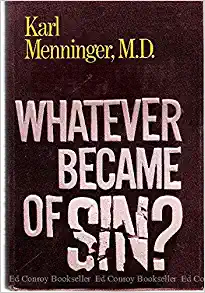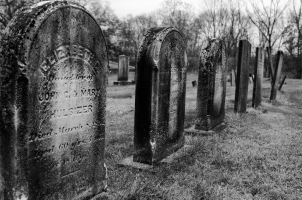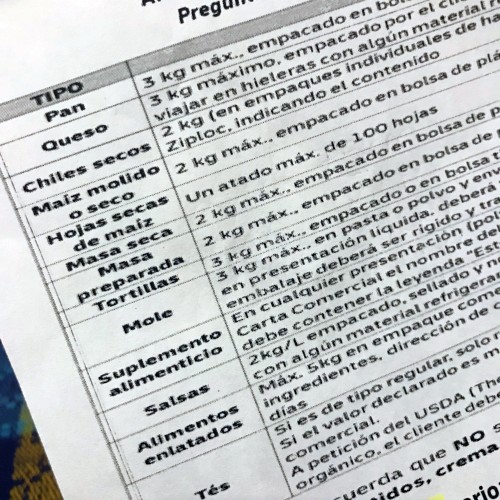Last time we talked about what the Bible says about sin. The reality of sin is what leads to The Great Universal Project of Humanity. (By the way, to help you know where we are in the series, I’ve started an index of all the posts so far, right here – Biblical Anthropology.)
I won’t keep you in suspense any longer. The Great Universal Project is justifying ourselves. We must demonstrate that we are not evil. Sin simply is not what God says it is – or maybe it doesn’t exist at all.
Pastor Phil Johnson, director of Grace To You in the United States, once said:
Our culture used psychology to do away with the concepts of evil and profanity and morality and sin, and then resurrected the terminology of sin in order to call evil good and good evil.
Phil Johnson
This shouldn’t be a surprise to us, because, as Paul says in Romans:
For the wrath of God is revealed from heaven against all ungodliness and unrighteousness of men, who by their unrighteousness suppress the truth.
Romans 1:18
There it is – the Great Universal Project of Humanity – suppress, ignore, avoid, and hide, the reality of sin in our own hearts.
But evil shall come upon you, which you will not know how to charm away; disaster shall fall upon you, for which you will not be able to atone; and ruin shall come upon you suddenly, of which you know nothing.
Isaiah 47:11
Let’s go back to Genesis 3 for a moment. These same kinds of temptations are still with us today. When Genesis 3 says, “when the woman saw that the tree was good for food, and that it was a delight to the eyes, and that the tree was to be desired to make one wise, she took of its fruit and ate”, 1 John 2:16 says, “For all that is in the world—the desires of the flesh” (“good for food”) “and the desires of the eyes” (“a delight to the eyes”) “and pride of life” (“to be desired to make one wise”) “—is not from the Father but is from the world.”
But let’s see how our ancestors tried to suppress and hide the truth. This is an activity you can do at home. 🙂 Read through Genesis 3:7-13, and mark down every time that they tried to suppress or hide the truth, starting with the easy one – “they sewed…”.
And that is how humanity’s Great Universal Project began. Justifying ourselves.
Sin is someone else’s fault. Sin is just a negative feeling, a negative vibe. Sin is something apart from the “real me”, the “authentic me”. Sin is just in “the system”. Sin is only weakness. Sin isn’t that bad. Sin is simply human nature, it’s the way I am. Sin is not what God says it is, sin is what we say that it is. Sin is a religious construct, “invented” to protect power. Sin doesn’t exist. “Sin” is actually independence and boldness. Sin is justified. Sin is good.
Is it really? What’s God’s response to all our clever explanations?
The LORD God said to the serpent, “Because you have done this, cursed are you above all livestock and above all beasts of the field; on your belly you shall go, and dust you shall eat all the days of your life. I will put enmity between you and the woman, and between your offspring and her offspring; he shall bruise your head, and you shall bruise his heel.”
To the woman he said, “I will surely multiply your pain in childbearing; in pain you shall bring forth children. Your desire shall be contrary to your husband, but he shall rule over you.”
And to Adam he said, “Because you have listened to the voice of your wife and have eaten of the tree of which I commanded you, ‘you shall not eat of it,’ cursed is the ground because of you; in pain you shall eat of it all the days of your life; thorns and thistles it shall bring forth for you; and you shall eat the plants of the field. By the sweat of your face you shall eat bread, till you return to the ground, for out of it you were taken; for you are dust, and to dust you shall return.”
Genesis 3:14-19
We won’t take the time here to analyze all of that. But sin brought several types of death that day – spiritual, relational, and physical. The man and the women died that day, in more ways than one. And all of creation fell into chaos. Love became man fighting with woman and woman with man. Abundance became a fight with creation just to survive. A loving relationship with God became war with God, a war which would only end one way – in our punishment and death.
And so God threw our ancestors out of the Garden. They no longer had access to the Tree of Life. Death became the reality of their present and their future – our present, and our future.
In chapter 4, envy led to murder and murder to judgement. And in chapter 5 we hear the sober drumbeat of all of our ancestors – “and he died” … “and he died” … “and he died” … “and he died” … “and he died” … “and he died” …
And as we look at various topics in the months ahead, we’ll see how the world tries to suppress the truth about sin, reverse the reality of death, and ignore God Himself.
But before we go on to the next topic, we’ll stop and take one more look at the sobering reality that none of us really want to face, not only through the eyes of Scripture but also a couple of more modern writers that we have already talked about.




